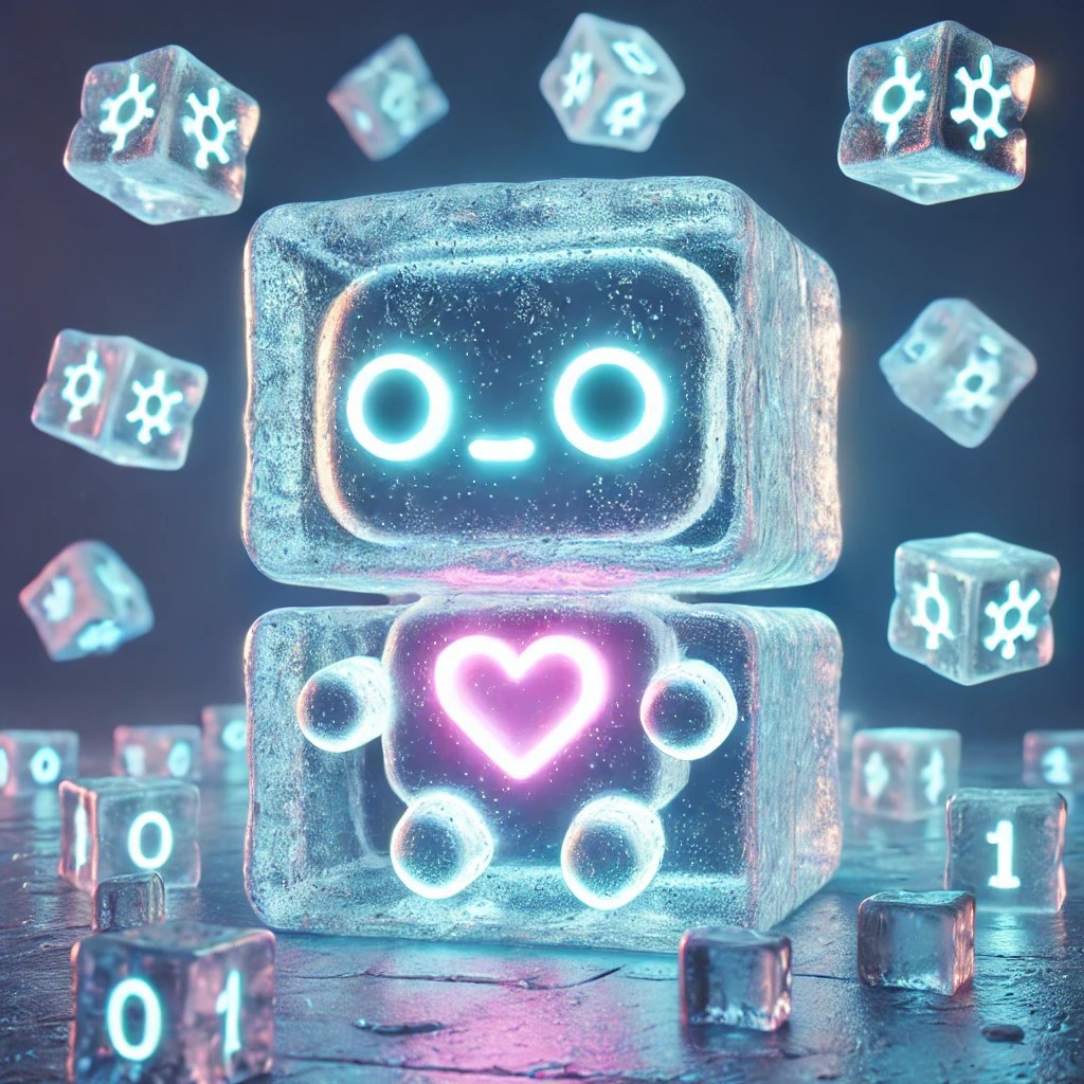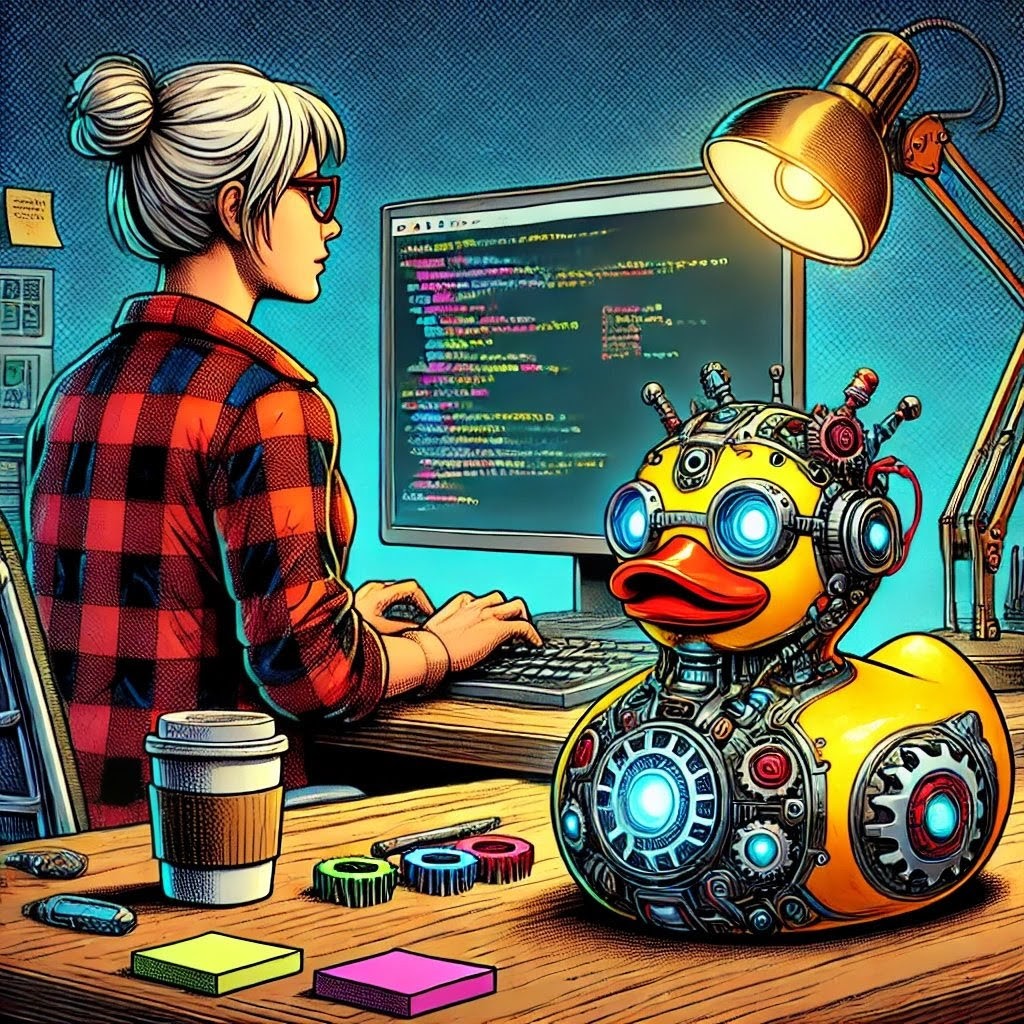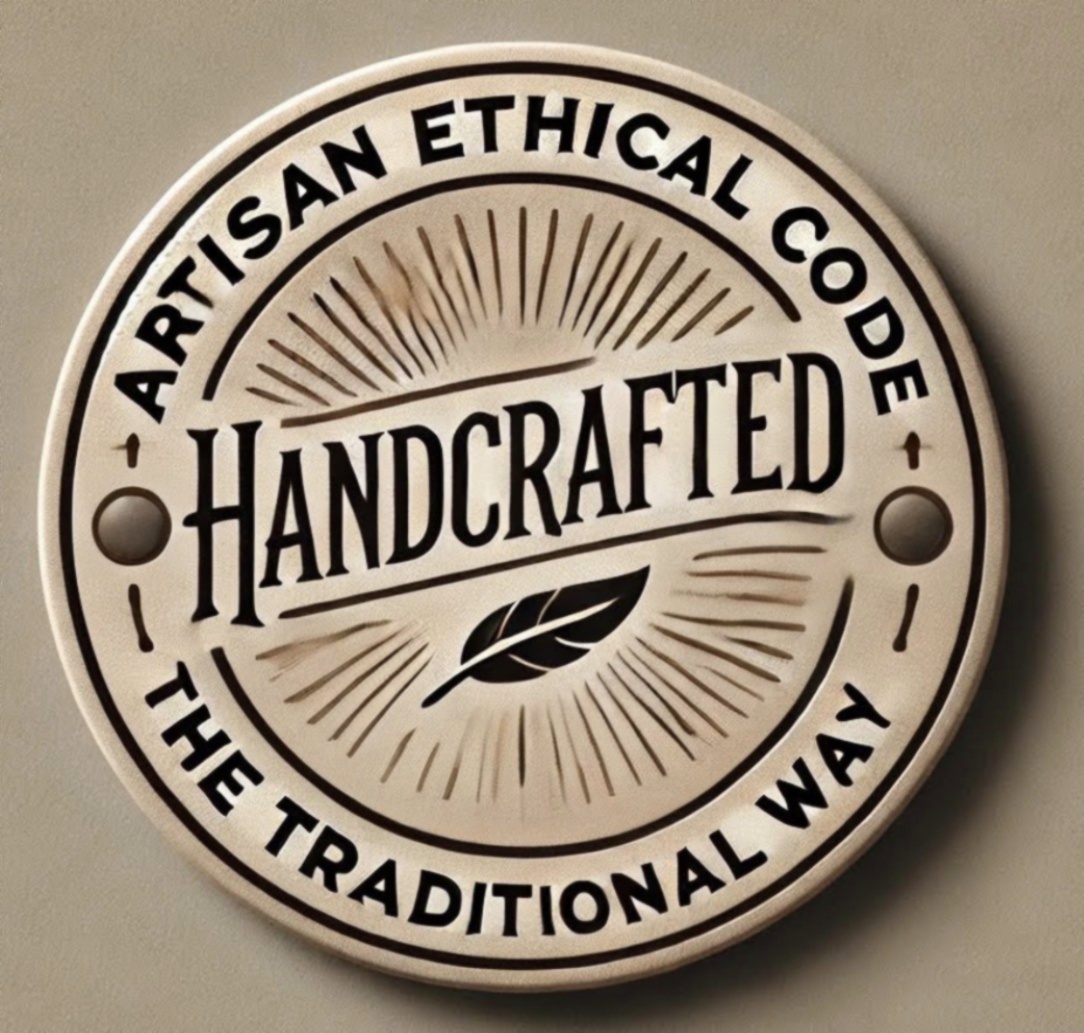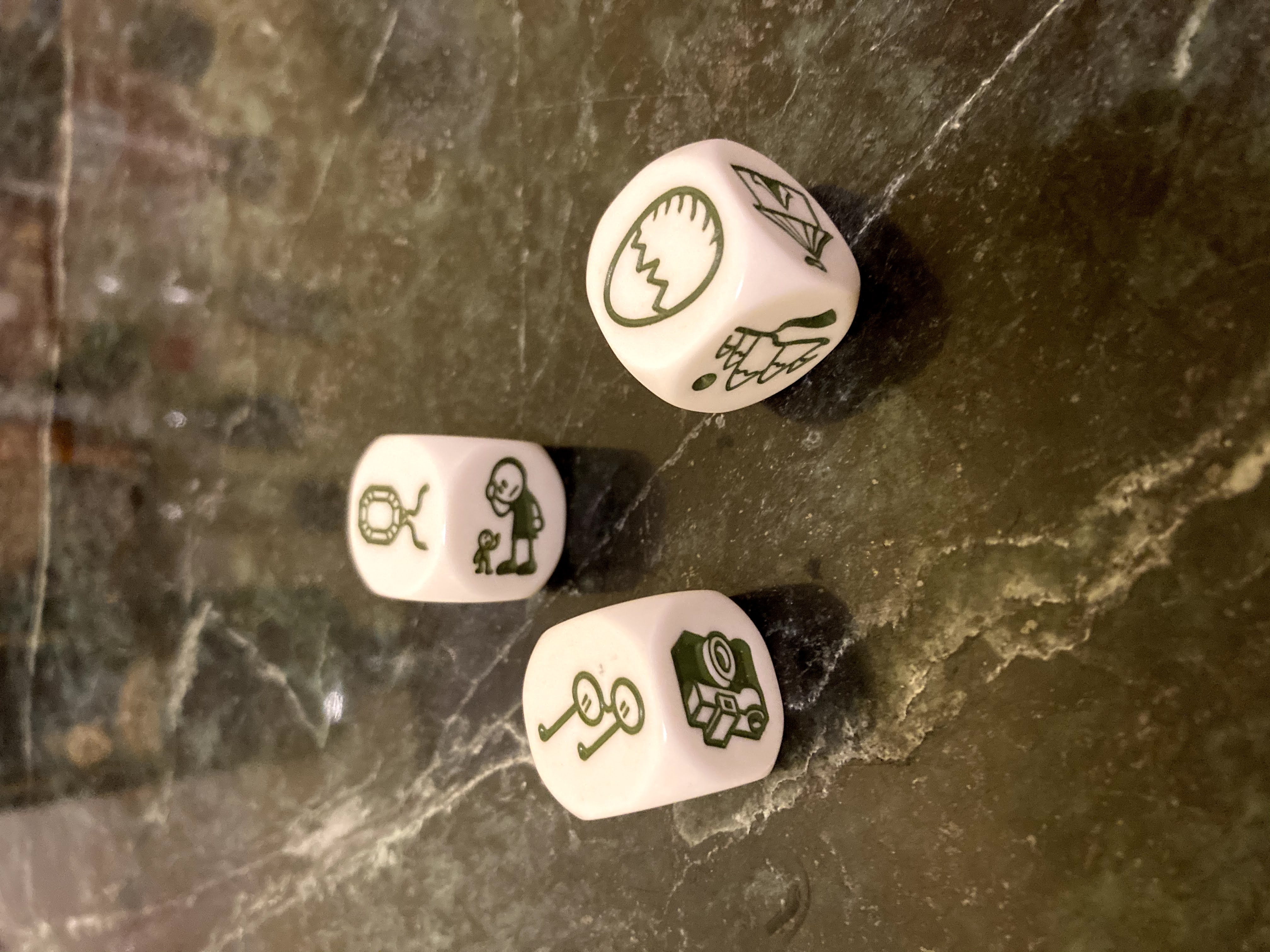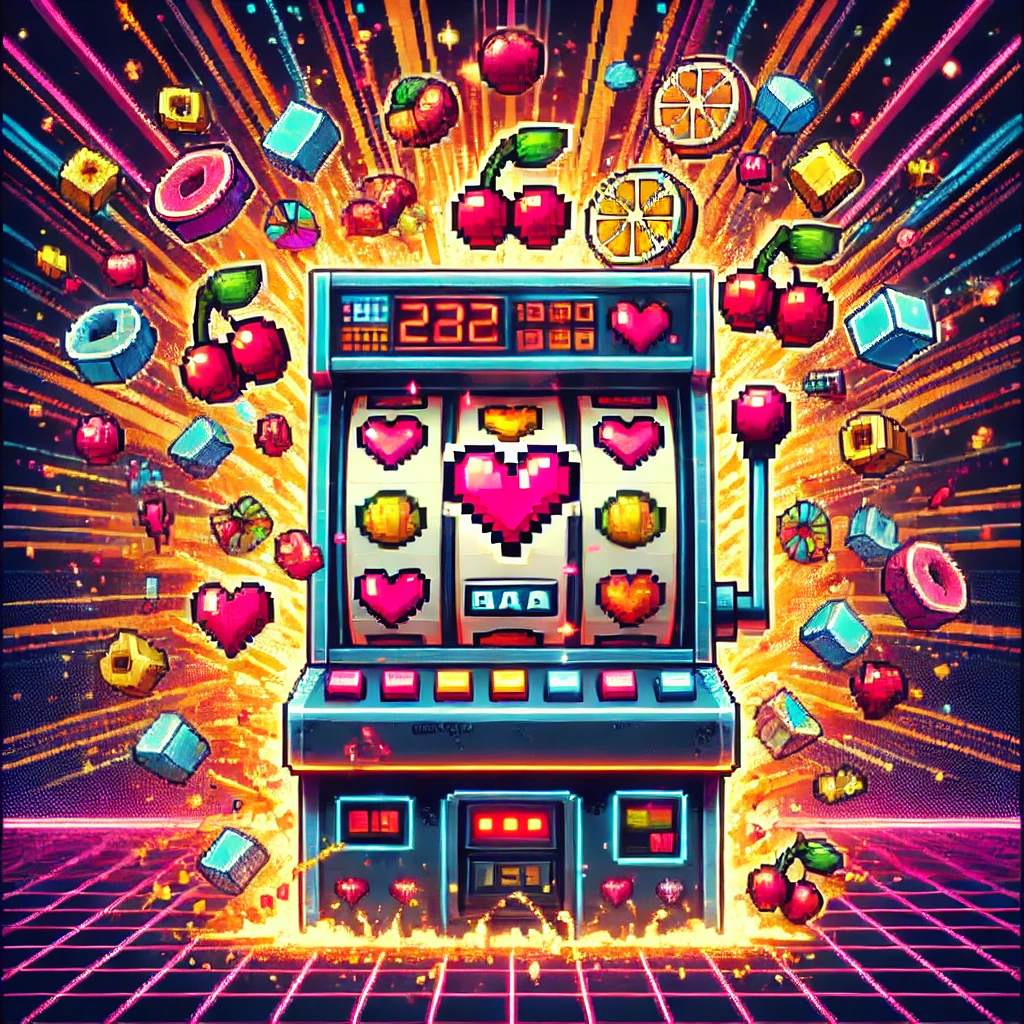The joy of puzzles
Do puzzles soothe you, too?
In a 2018 interview for “Women who code in Umbraco", I shared that coding feels like “getting to do a logic puzzle book every day”, calming my racing brain and doling out that satisfying dopamine hit on completion. Big tick, gold star, turn the page.
Yet as AI seeps further into our world, problem-solving developers may start to wonder what challenges will remain. For the achievement-oriented who love to fix bugs, will you get the same thrill of adrenaline when your AI tool spots an N+1 problem in line 36? Or will it feel like someone has cracked the safe for you?
Seismic shifts in AI will make this article out of date within minutes of publication. But I’m not here to be a harbinger of doom - I'm a realist intrigued by the future. I hope to offer some rays of light on how developers can thrive, even with AI elbowing its way into everything.
